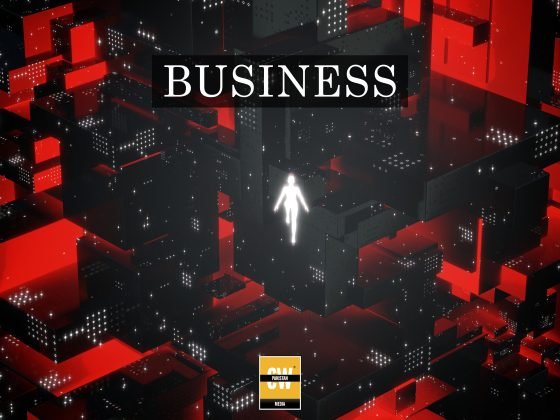The federal government of Pakistan is preparing to introduce significant new tax measures in the upcoming fiscal year 2025-26 budget, targeting an estimated Rs. 600 billion in additional revenue. These reforms focus on expanding the tax base to include digital content creators, freelancers, pensioners, and other sectors, reflecting a broader strategy to boost government income and meet International Monetary Fund (IMF) targets.
According to a detailed report by Topline Securities, one of the major proposals is the introduction of a 3.5 percent tax on income earned via social media platforms such as YouTube and TikTok. This move aims to formalize the digital economy’s tax structure and is projected to generate approximately Rs. 52.5 billion. The proposed tax will affect a growing population of freelancers and online content creators who have largely remained outside the conventional tax regime.
In addition to taxing digital earnings, the government is considering a levy of 2.5 to 5 percent on pensions that exceed Rs. 400,000 per month. This measure could raise between Rs. 20 and 40 billion, especially given the rapid growth in pension spending, which has already reached Rs. 673 billion and is forecasted to touch Rs. 1 trillion soon.
The budget also plans to revise the General Sales Tax (GST) on certain commodities to better reflect prevailing market prices, based on data from the Pakistan Bureau of Statistics. A key example is sugar, which is currently taxed on a base price of Rs. 72.22 per kilogram, despite the actual market price hovering around Rs. 150 per kilogram. Adjusting GST rates accordingly could yield an estimated Rs. 70 to 80 billion in additional revenue.
Federal excise duties on processed foods such as snacks and biscuits are also expected to rise by 20 percent, with a long-term target of 50 percent by 2029. The government is additionally considering increasing excise duties on cigarettes as part of its broader taxation strategy.
One of the most notable reforms involves the elimination of the “non-filer” category, which currently exempts many individuals from paying taxes. Under the proposed legislation, non-filers would be restricted from purchasing vehicles and property, creating stronger incentives for compliance. The introduction of Section 114C in the Income Tax Ordinance, potentially with revised income thresholds, is expected to reinforce this move.
Environmental taxation is also set to be strengthened, with a petroleum development levy on furnace oil currently under review. Furthermore, the government is considering a Rs. 5 per liter increase in the levy on petrol and diesel, framed as a carbon tax. This policy could raise between Rs. 35 and 80 billion depending on the final rates applied to furnace oil.
To meet IMF commitments, the government has committed to collecting Rs. 295 billion from retailers by the end of December 2025. To achieve this, advance taxes on distributors may be increased, ensuring steady revenue streams.
Lastly, the IMF has recommended a 5 percent hike in federal excise duty on fertilizers and pesticides, potentially generating over Rs. 30 billion. This aligns with the government’s aim to balance revenue generation with sustainable economic policies.
These extensive fiscal measures highlight the government’s efforts to broaden the tax base, formalize emerging sectors like digital freelancing, and enhance revenue collection. The FY26 budget is expected to play a crucial role in Pakistan’s economic strategy as the country strives to stabilize its finances and meet international obligations. Stakeholders from various sectors, especially within the burgeoning digital economy, will be closely watching the final budget announcements expected later this year.










